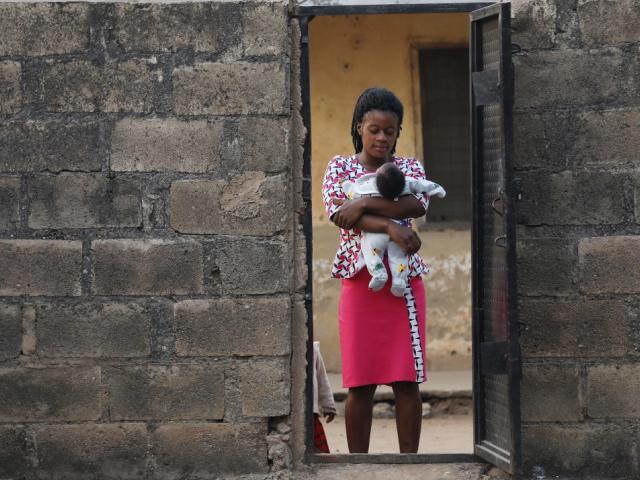We found the source as a 2019 World Health Organization article titled “Maternal health in Nigeria: generating information for action”.
“A Nigerian woman has a 1 in 22 lifetime risk of dying during pregnancy, childbirth or postpartum/post-abortion,” it says.
But this data was dated, Ann-Beth Moller, a technical officer with the WHO’s sexual and reproductive health and research department, told Africa Check.
“Please note the website reported old data,” she said. The article estimates Nigeria’s maternal mortality rate as more than 800 maternal deaths for every 100,000 live births.
The most recent data was the trends in maternal mortality 2000 to 2017 report, Moller said.
The report’s estimates are by the WHO, Unicef, the World Bank and other agencies. They put the lifetime risk of maternal death in Nigeria at one in 21, close to the older WHO estimate and the claim in Punch.
For a more recent estimate, we checked the 2018 Nigeria demographic and health survey (NDHS). This indicates that one in 34 women in Nigeria is likely to die from causes related to pregnancy and childbirth.
Why is this estimate lower than the WHO’s? A statistician at Nigeria’s data agency told Africa Check the NDHS estimate was based on the seven-year period preceding the survey and included more indicators.
The trends report’s estimates, on the other hand, were for 2017 only.
There could be many reasons why Nigeria still has a high number of maternal deaths. Moller said women still had relatively low access to antenatal care, delivery by a skilled birth attendant, birth at a health facility, and care after birth.
